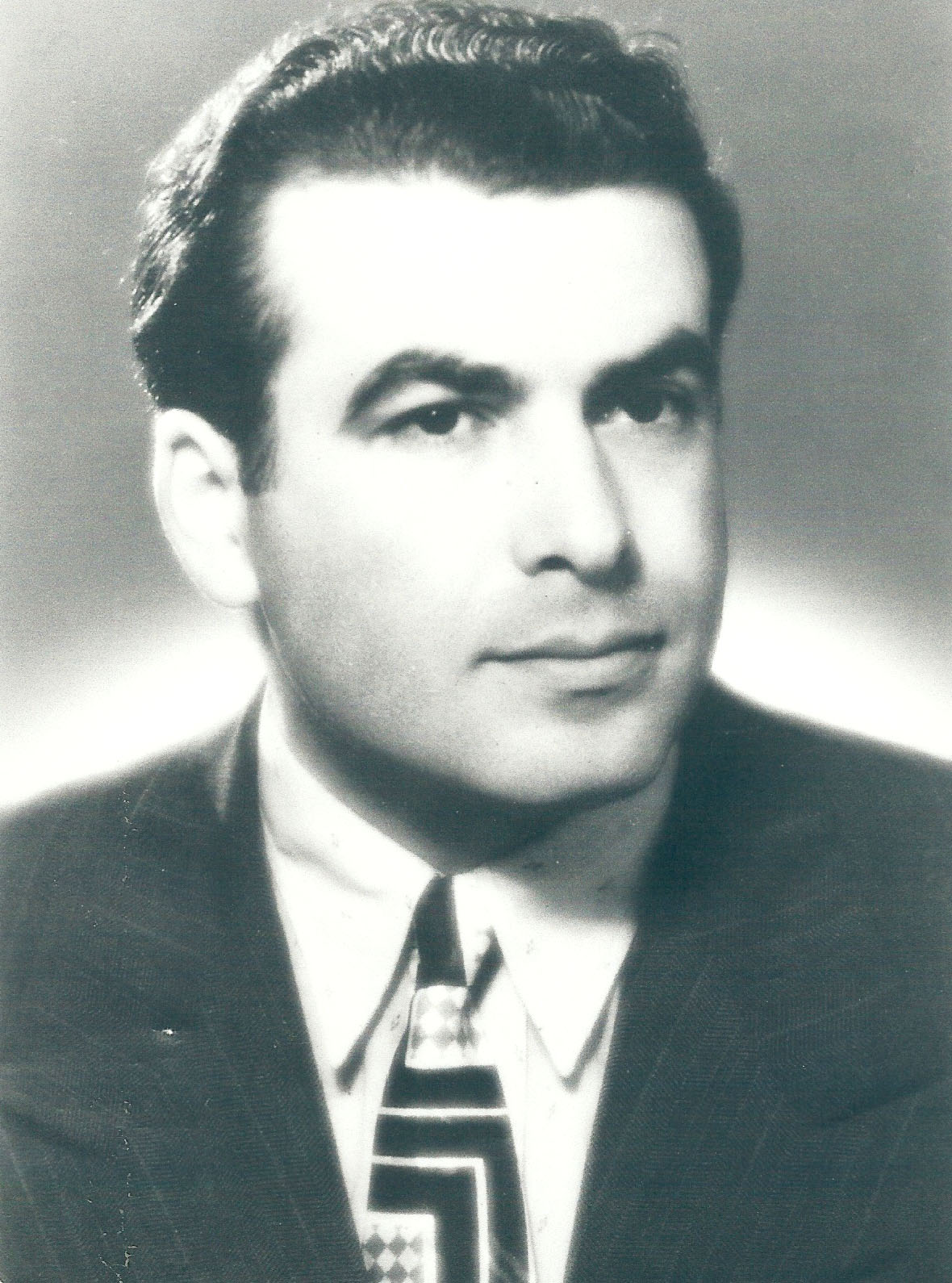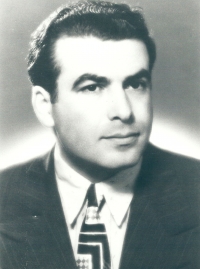Again, I thought it was our turn. I thought it would be the end of us.

Download image
William West (formerly William Weiss) was born on September 25, 1919 in Velké Loučky, a small town five kilometres outside of Mukačevo in the region of Carpathian Ruthenia in modern-day Ukraine. He was born into a Hungarian Jewish family and was the oldest of four brothers. At the age of six, West’s father enrolled him in a Czech elementary school where he struggled to learn the language. For some years, he attended a primarily Hungarian school, before he transferred to the Munkacs Hebrew Gymnasium, a prestigious secondary school where the curriculum was taught in Hebrew. In 1939, West graduated from the Munkacs Hebrew Gymnasium and by May 1940, West and his two brothers left for Budapest to try to obtain visas that would allow them travel through Europe and eventually to the United States. West was briefly apprehended by secret police agents in Budapest, but was let go. The same day he and his brothers escaped Hungary by train to Piraeus, Greece, where they waited to board the SS ELENI KANAVARIOTI that would take them to Portugal. West and his brothers spent more than three months in Portugal before they were able to renew their visas, which had expired. Eventually, they boarded the SS NYASSA, a Portuguese liner that sailed to Hoboken, New Jersey. In New York, West worked various jobs, but later enlisted in the United States’ Army. He served in a battalion that fought in the Battle of Kwajalein. After the war, West travelled to Prague in order to enroll at Charles University, but his time there was short lived due to the Communist coup d’état. West found passage to Germany and attended medical school at the Ruprecht-Karls University in Heidelberg, where he graduated in 1952. He returned to the United States with his medical degree, later completing his medical residency in Oakland, California. He worked as a pediatrician for over 50 years in San Joaquin Valley, retiring at the age of 90. He resides in Stockton, California.
